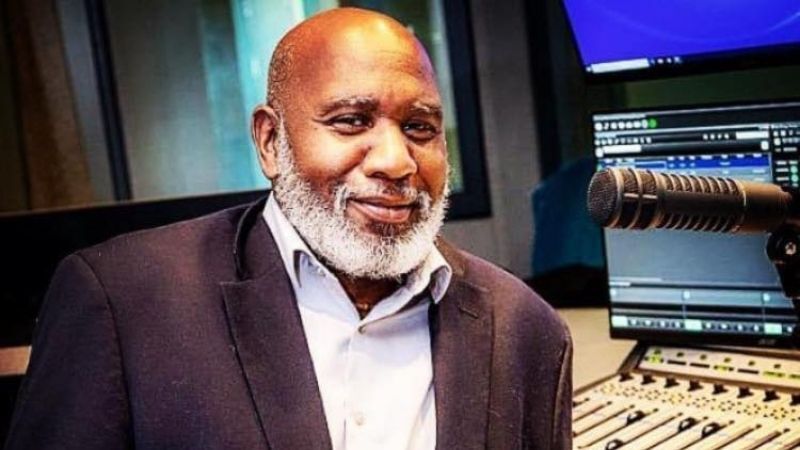Chris Arps | Chris Arps Facebook, edited in Canva.
Chris Arps | Chris Arps Facebook, edited in Canva.
Americans for Citizen Voting President Chris Arps recently appeared on Steve Gruber’s radio show, highlighting recent poll results that show widespread support for voter ID laws in Michigan, notably winning 79% of approval from black participants
The poll, commissioned by Americans for Citizen Voting, surveyed 1,011 likely 2022 General Election Michigan voters. Among results, it found more than 75% of participants supported a requirement to show a government-issued photo ID in order to vote, while support among black residents in the state was even higher at 79%.
"If you want to get a COVID test or COVID shot, guess what you will need? A photo ID," Arps said on the radio show. "Democrats are attempting to pass a total federal takeover of our elections. That is not what Americans want."
This comes as the Michigan state Legislature passed measures calling for improving the integrity of elections in the state in late 2021. Measures included would have increased identification requirements for both in-person and absentee voting. The bill was ultimately vetoed by Gov. Gretchen Whitmer, the Detroit News reports.
"To be clear, there is no evidence that use of affidavit ballots is related to voter fraud," Whitmer's letter said at that time. "In fact, the Michigan Senate Oversight Committee recently concluded that the 2020 election produced no significant evidence of fraud.”
According to the Michigan Secretary of State's website, voters are not currently required to present a photo ID to register to vote or while at the polls. Instead, a utility bill or bank statement will work just as well for identity verification as a photo ID would.
Secure MI Vote is a political campaign aimed at changing Michigan's voting laws to make them more "secure." It is promoting new legislation, which would require photo IDs at the polls, an ID or Social Security number for an absentee ballot and create standard guidelines for absentee ballot collection and drop-off boxes.
The proposed legislation would also prohibit the unsolicited distribution of absentee ballot applications, as well as ban private donations to fund election infrastructure.

 Alerts Sign-up
Alerts Sign-up